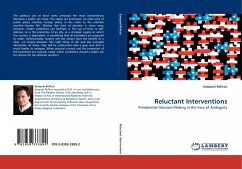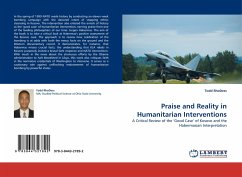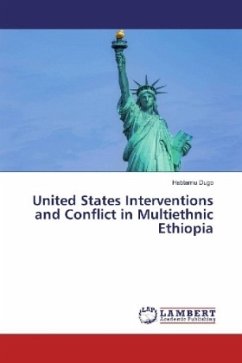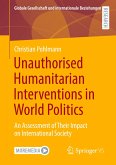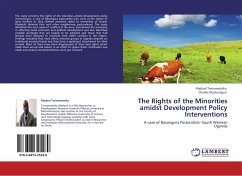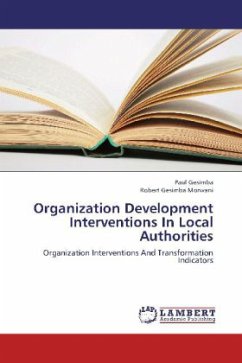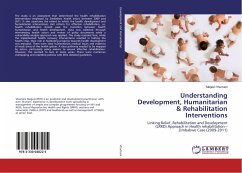The political use of force ranks amongst the most extraordinary decisions a leader can make. The stakes are enormous; no other area of public policy matches foreign policy in the claim to the ultimate sacrifice--human life. Making this kind of decision is never easy; however, certain conditions can facilitate it. The use of force in self-defense, or in the protection of an ally, or a strategic supply on which the country is dependent, is something that all presidents are prepared to order. Unfortunately, leaders will not always have the benefit of a clear- cut choice between "the right thing to do" and the wrongful alternative. At times, they will be confronted with a gray area that is much harder to navigate. When physical survival and the protection of the homeland are assured, under which conditions should a leader ask his citizens for the ultimate sacrifice?

